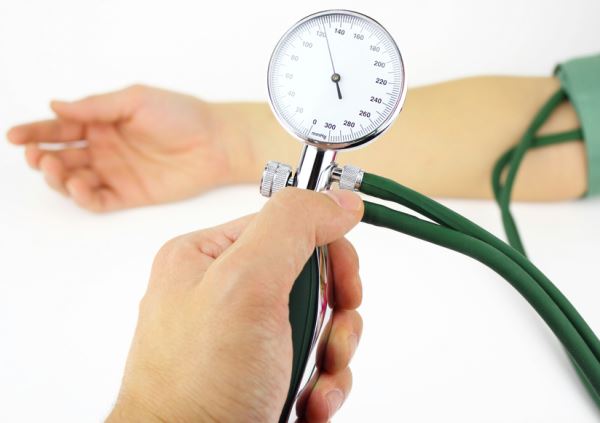
September is National Cholesterol Education Awareness Month
Seventy-one million American adults have high cholesterol, according to the Centers for Disease Control and Prevention, but only one-third of them have the condition under control. Because high cholesterol doesn’t show symptoms until it’s too late, many people do not know that their cholesterol is too high, unless they take a simple blood test.
It’s recommended that adults aged 20 years or older have their cholesterol checked every five years. Since this month is National Cholesterol Education Month, now would be a good time to resolve to get your cholesterol screened.
Cholesterol can be considered the Dr. Jekyll and Mr. Hyde of our bodies. It’s essential for some normal bodily functions, such as helping the body to produce vitamin D and certain hormones. But when you have too much cholesterol—a waxy and fat-like substance—in your blood, it can build up on the walls of your arteries and form blockages. This can lead to heart disease, heart attack, and stroke.
In general, three factors contribute to a total cholesterol count: high-density lipoprotein (HDL), low-density lipoprotein (LDL) and triglycerides. The HDL are considered “good” because they act like little trucks that carry cholesterol to your liver, where your body gets rid of it. An HDL reading of 60 or higher is desirable. LDL is called “bad or high” cholesterol because these particles carry cholesterol to the cells. Too many of these delivery trucks means extra cholesterol can build up in the inner lining of blood vessels. An LDL level under 100 is the goal for the general population.
Everyone’s cholesterol numbers can mean different things, which is why it’s important to talk to your doctor. If you would like to have a cholesterol screening, please schedule an appointment with Lance Wehrle, DO, who specializes in internal medicine and serves as a primary care physician for adult patients. Please call Dr. Wehrle’s office in Blackfoot at 785-3838.
As a rule of thumb, the following are some steps you can take on a daily basis to prevent or treat high cholesterol. Eat a healthy diet, exercise regularly, maintain a healthy weight, and quit smoking.



